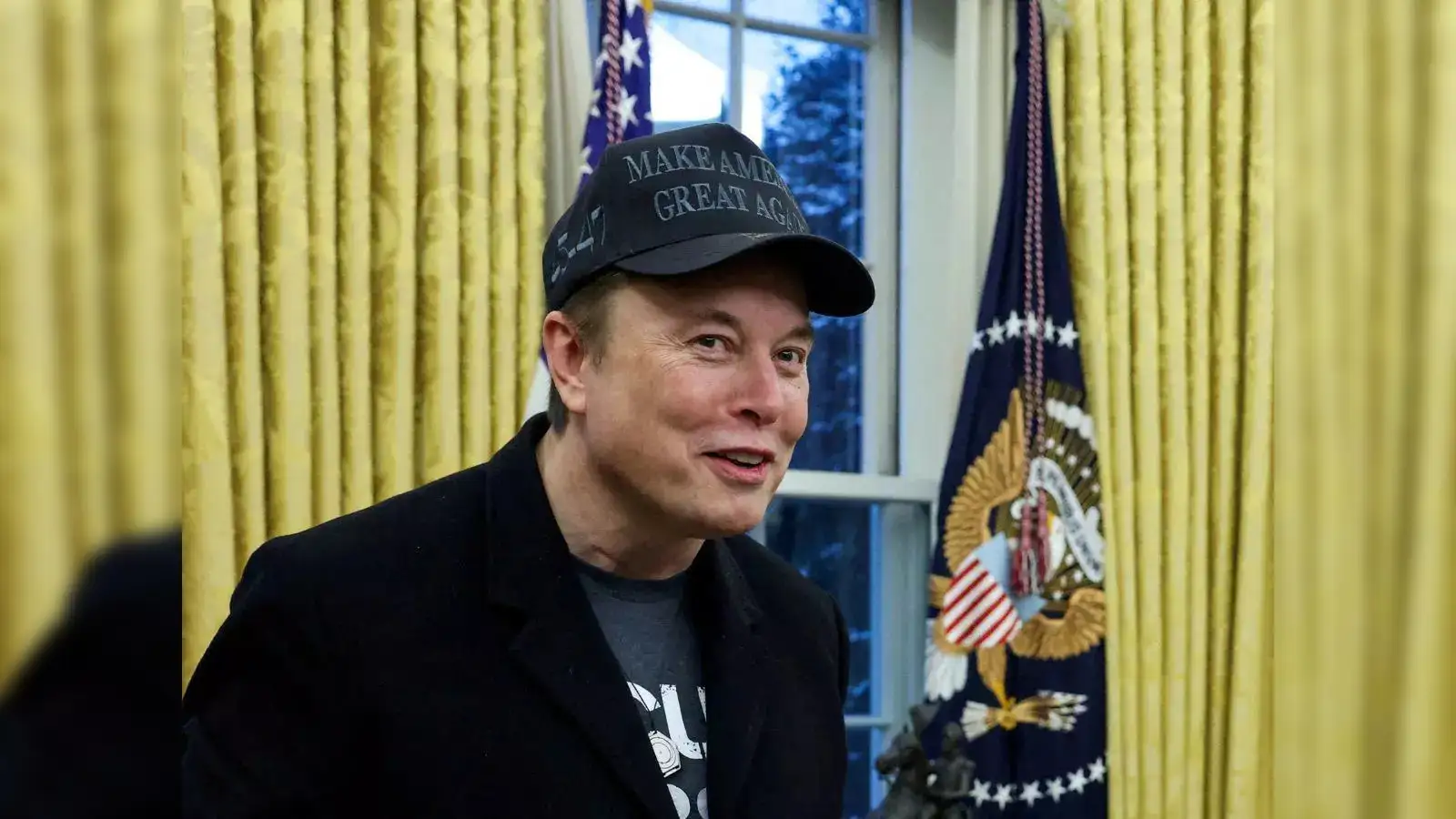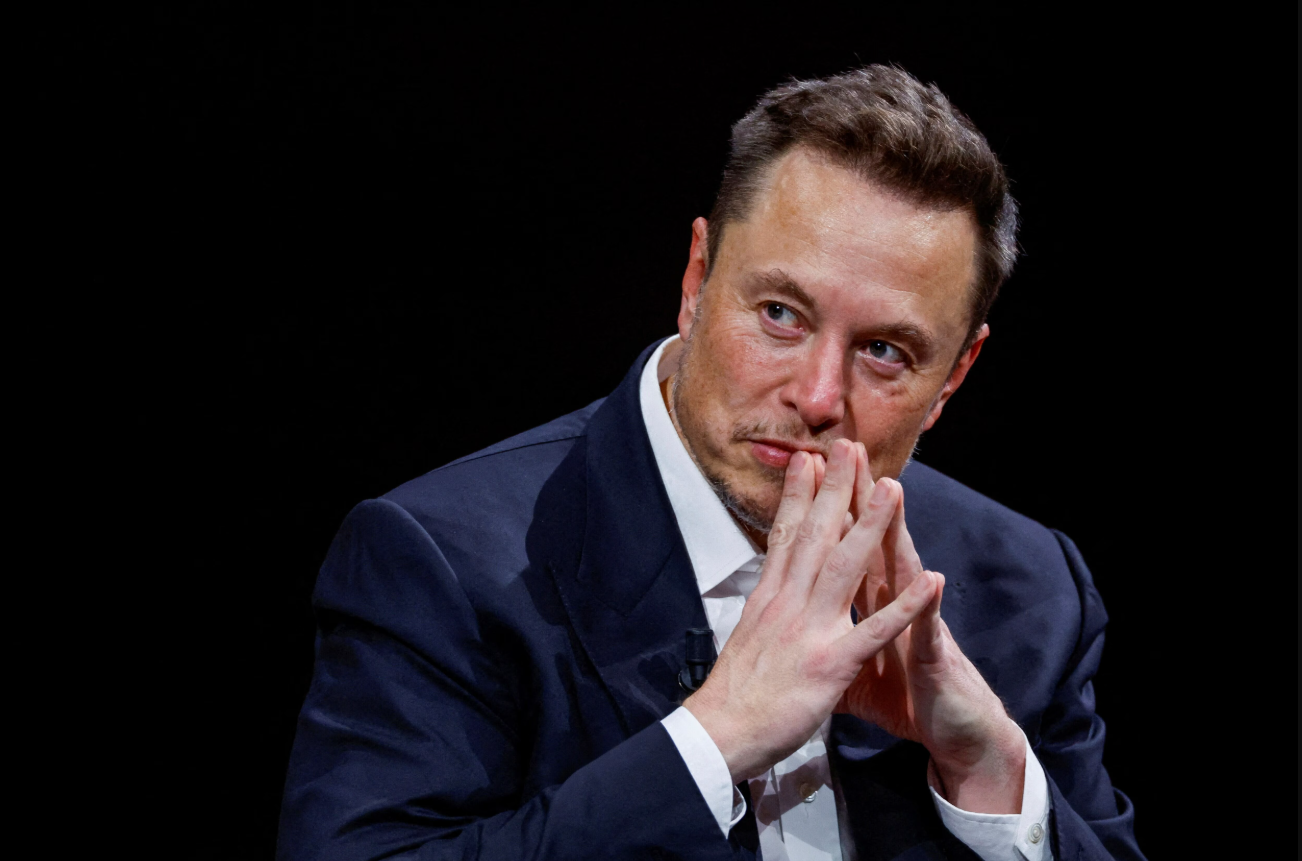Artificial intelligence is evolving at breakneck speed and transforming how work is done across industries. From automating customer support to generating complex code, AI tools are proving capable of performing tasks that once required highly skilled professionals. But as pressure mounts on traditional roles like analysts and consultants, Elon Musk has offered a thought-provoking take on why these jobs are not going away just yet.

A new report from The Wall Street Journal highlights how consulting giant McKinsey is undergoing a fundamental shift in response to AI. The firm is reportedly deploying thousands of AI tools to help consultants streamline their work. From building presentation decks to summarising research and conducting interviews, AI is now embedded in the everyday workflow of one of the world’s most respected consultancy firms.
Senior leaders at McKinsey are not brushing this off as a minor change. Kate Smaje, the partner leading McKinsey’s AI efforts, called the transformation "existential" for the consulting industry. Yet, she also sees it as a positive opportunity to redefine how consultants operate and deliver value. The firm is rethinking everything from hiring to how it works with clients and the types of projects it pursues.
At the heart of the conversation is whether AI could replace human consultants altogether. The technology is faster, scalable, and increasingly capable of strategic thinking. But according to xAI CEO Elon Musk, the answer is not so simple.
In a reply on X (formerly Twitter), Musk commented on the real reason many CEOs hire consultants. He suggested that consultants are often brought in not just for their expertise, but to validate decisions CEOs already want to make. Musk wrote that consultants offer an "objective third party" to endorse a direction and serve as a convenient buffer if things go wrong.
AI, no matter how advanced, cannot yet fulfill that specific social and political function in corporate decision-making. Human consultants offer a combination of credibility, persuasion, and plausible deniability that machines currently cannot replicate. In Musk’s view, AI may be powerful, but it lacks the nuance needed to operate within the psychology of executive decision-making.

This comment from Musk highlights a critical aspect of AI’s role in the workplace. While machines are replacing task-based roles at an accelerating pace, relationship-based and perception-driven functions are more resilient. It is not just about logic or data. It is also about influence, trust, and human dynamics.
Meanwhile, Musk’s own AI venture, xAI, continues to compete with the likes of OpenAI, Google, and Anthropic. Its chatbot Grok has gone through several updates, some of which stirred controversy. The company is now testing a new feature called Imagine, which allows users to create videos using text prompts, signaling that AI's creative boundaries are also expanding.
As the consulting world braces for transformation, Musk’s take provides a grounded reminder. Technology can be disruptive, but human behavior and corporate culture are not so easily rewritten.
Follow Tech Moves on Instagram and Facebook for more insights on AI, innovation, and how the future of work is being rewritten one algorithm at a time.














